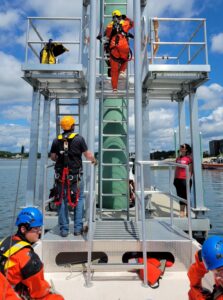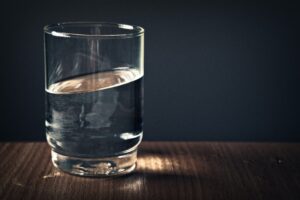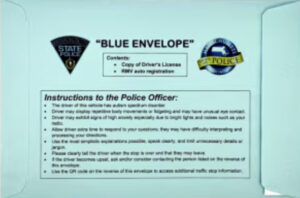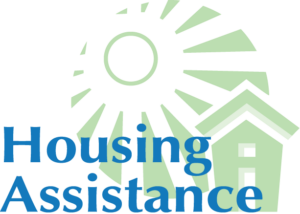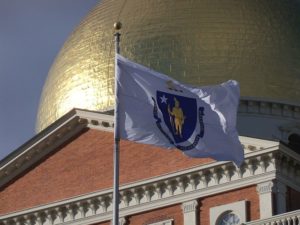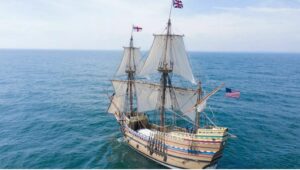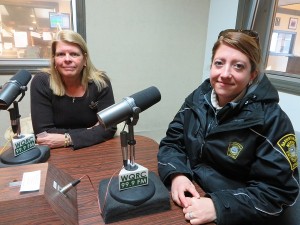
CCB MEDIA PHOTO
Judy Heller of Three Bays Preservation, and Amy Croteau, Barnstable Department of Natural Resources Officer and Herring Warden.
BARNSTABLE – As the herring begin their annual spring migration, environmental groups and even municipalities on the Cape are watching closely.
“They’re an important food niche to all wildlife,” Barnstable Department of Natural Resources Officer and Herring Warden Amy Croteau said. “They’re an annual food feast for our animals after a long winter, but they’re also keystone species in that they reflect the overall coastal ecology. If you’re having a problem in your wetlands and your ponds, then you’re probably having a problem with your herring population.”
Three Bays Preservation Inc., a nonprofit dedicated to the preservation of the aquatic environment in West Bay, North Bay and Cotuit Bay in Barnstable, has taken over a herring count on the Marstons Mills River that was long done by a volunteer citizens group.
Judy Heller, Three Bays Program Manager, explained why Three Bays is interested in herring. “We consider herring to be an indicator of the water quality in the Three Bays area. We’re in the Marstons Mills River watershed,” she said.
Herring have been headed up the Marstons Mills River for hundreds of years, according to Heller. “It’s one of the first runs that was ever built on the Cape,” she said.
Inspired by that project, the town of Barnstable is beginning a pilot herring count project on the Centerville River this year. That program is being organized by the Barnstable Marine and Environmental Affairs office.
Croteau said the town maintains about seven miles of runs each year. She said she has learned some tips on how to start a herring count program from Three Bays.
The population of river herring, alewives and blue-backed herring, has decreased dramatically over the last several decades, according to Three Bays, and the state has established a project throughout the commonwealth to document their numbers and the local counts pass along their herring numbers to state officials.
“As the water quality has declined over the years, the amount of herring has declined, so our goal is to improve the water enough so that we can get the population back to a sustainable amount,” Heller said.
Because of the severe cold this winter, the herring are expected to begin their runs up the streams and rivers of the Cape late this year, around April 1.
Listen below to Amy Croteau, Barnstable Department of Natural Resources Officer and Herring Warden, and Judy Heller, Project Manager with Three Bays Preservation, discuss herring on Cape Cod.







